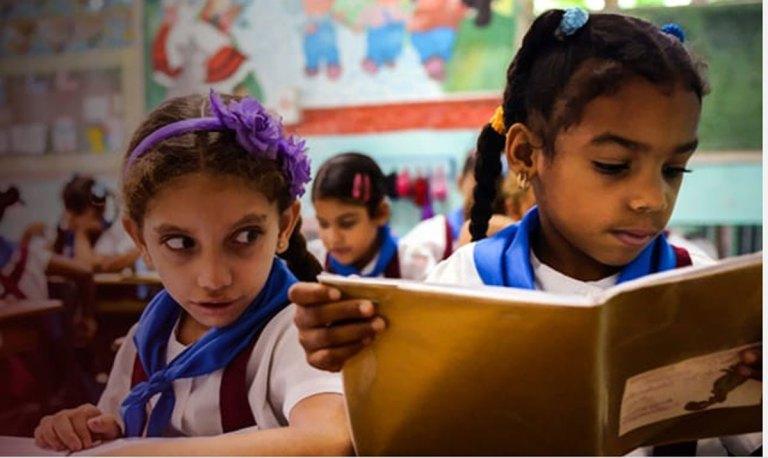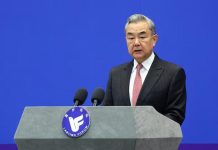Africa-Press – Mauritius. The restart of economic activity globally has broadened and is still running moderately ahead of expectations in developed markets. This is reflected in trends seen in high frequency economic and alternative data which pushed the likes of the International Monetary Fund (IMF) to upgrade the near term global growth outlook for developed economies in particular in recent weeks.
While covid-19 infection rates remain high in the United States and are picking up once again in Europe, fatalities as a percentage of total cases have fallen, and hospitalization rates have only risen moderately.
With our ability to manage death rates and severe cases improving, there is a data driven realisation that economies need to be opened for business in order to manage the risk of a potential social crisis and of rising credit defaults.
Shutting parts of an economy for long periods destroys corporate balance sheets with longer term consequences on private investment and unemployment. With government debt globally now quite high, there is a realisation that there would be little leg room for continued fiscal stimulus to pick up the slack of a more zombie like private sector.
The pandemic has also taken the world closer to full blown Modern Monetary Theory territory than MMT theorists could have ever imagined. This blurring of monetary and fiscal policy essentially means that having proper checks and balances on fiscal policy makers accessing the printing press becomes all the more important.
In the absence of such guardrails, there is a real risk, especially in the case of Mauritius, that the central bank could lose grip on inflation and inflation expectations.
This is particularly concerning for a country whose monetary policy makers have consistently failed to define a quantifiable flexible inflation target. Transmission mechanisms seldom work well without properly anchored inflation targets and a framework around them.
However, over the past 7 years, global inflation has remained low, and until the crisis, large foreign exchange flows into Mauritius had kept the nominal effective exchange rate of the rupee from depreciating, allowing for low and stable prices locally. Luck is about to run out in the coming years especially post 2022. Ill-designed and issuer-biased large corporate bailouts
Mauritius has gone further than almost any other country on earth in terms of central bank financing as a percentage of its GDP in recent months when it comes to both helicopter money grants (even a simple understanding of central bank balance sheets and asset liability matching would invariably lead to helicopter money financing of the grant) and foreign exchange reserve sales in order to fund ill-designed and issuer-biased large corporate bailouts, but with very little to show for it so far given how many of the schemes have been designed and implemented so far.
As a good friend of mine likes to say, you have to come to Mauritius to hear things like a convertible bond with near zero delta and hard call provision (barely any equity sensitivity given how they are being structured) having magical convexity coming from the option component and becoming like “quasi equity”.
New theories of quantitative finance aside, while supporting systematically important companies is important and arguably necessary and was pushed forward by this very author back in February, this is public money.
When a central bank builds international reserves, it pays for it in the form of monetary policy instruments which cost it dearly. International reserves are also our insurance policy against global collapse, so the sacrifices need to be shared by everyone, be it banks, the public and the companies themselves.
While the funding of the Mauritius Investment Corporation (MIC) should not have come from foreign reserves but from debt purchases issued by an off balance sheet Special Purpose Vehicle in the first place, the MIC should be compensated for the risk it is taking.
Beyond structuring balanced and fairer deals, private equity and special situations investing is about properly sizing the deals, about looking at a broader longer term picture of the industry, about restructuring and industry consolidation and about adapting to new post Covid realities.
These are complex deals requiring experience and skill. With technocracy almost as dead as the Dodo within Mauritian policy making circles, execution and project management of the stimulus become quite the challenge. Grand ideas remain “grand” on paper.
When central bank and fiscal policy coordination without guardrails are combined with longer term structural and secular economic trends such as de-globalization, the related balkanization of global supply chains, rising inequality, associated populism 2.0 and the increased pressure to come on offshore “tax havens” from Western, Indian and African tax authorities in a high debt world, a more stagflationary regime will become a bigger risk for the entire world and more importantly a base case for Mauritius in the medium term.
Policy makers must get their act together and soon. Policies that need to be implemented With more than 85% of its GDP in gross public debt and rising, the Mauritian government will need to engage in meaningful structural reforms of the economy.
These reforms should include the following. I have only scratched the surface of policies which can and need to be implemented assuming that there is a change in mindset at the top levels of policy making before it is too late.
Let me be very clear, the economic data has yet to turn for Mauritius especially when we adjust for base effects. Loyalty to the party as the sole condition for hiring and nominations sounds nice in normal times, but in this new world you need competence, or else this country will be doomed and much sooner than we think.
After all we need to admit to ourselves that we are already in central bank money printing mode. This is not a sign of economic strength but of something much less sanguine.
We were already doing it with the MUR 18 billion Special Reserve Fund transfer pre-Covid-19! The longer we wait, the more self defeating our next move shall be.
One indeed hopes that the leaders of the day can avoid a Zugzwang which means sticking to business as usual and making a self defeating move for themselves and for the country. Sameer Sharma is a chartered alternative investment analyst and a certified financial risk manager.
For More News And Analysis About Mauritius Follow Africa-Press







